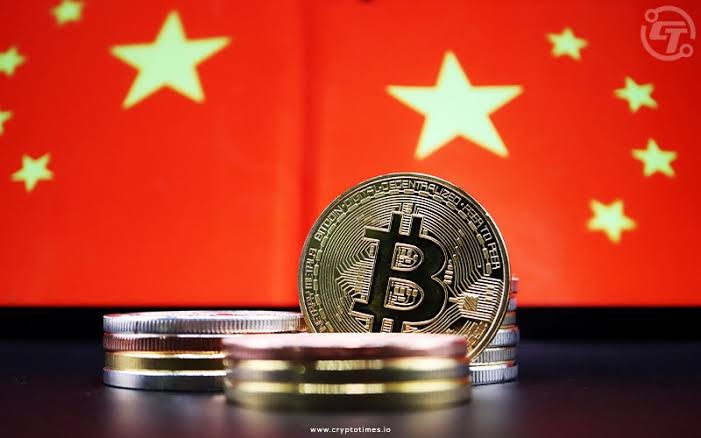Despite Beijing’s 2021 complete ban on cryptocurrencies, some Chinese courts have found that owners of virtual assets retain property rights. A report on the legality of virtual assets that examined the aspects of these digital assets that violated criminal law was published in China by a People’s Court. According to the court’s report, virtual assets are still considered to be real property and are therefore still protected by the law.
The People’s Courts of the People’s Republic of China carry out their judicial duties without intervention from administrative or governmental bodies. These courts hear matters including criminal, civil, administrative, and business conflicts.
According to a local daily, a report titled “Identification of the Property Attributes of Virtual Currency and Disposal of Property Involved in the Case” confirmed that virtual assets had economic characteristics and can therefore be defined as property. The paper contends that, under the current policy framework, virtual assets owned by individuals should be regarded as legitimate and protected by law, despite the fact that China has declared all foreign digital assets to be illegal by enacting a blanket ban.
The report included additional recommendations on how to handle crimes involving virtual assets and pointed out that since the funds and assets at issue cannot be seized, a combined approach combining criminal and civil law should be used. To ensure a balanced protection of personal property rights and social and public interests, such matters should be handled independently.
China put a complete ban on all cryptocurrency-related activity and forbade international cryptocurrency exchanges from providing their services to customers on the mainland. However, despite a hostile state policy on digital assets, Chinese courts have over the years taken a different position towards Bitcoin and other assets.
The first instance of this discrepancy emerged in September 2022 when a lawyer claimed that despite the ban on cryptocurrencies, Chinese crypto holders are still covered by the law in the event of theft, misappropriation, or breach of a loan agreement. A Shanghai court later in May 2022 confirmed that Bitcoin meets the criteria for virtual property and is consequently covered by property rights.
It has taken a while for China to adopt a hostile stance towards Bitcoin and other cryptocurrencies. The government’s stance appears to have softened over the last few years, though. This was demonstrated by the increase in China’s proportion of Bitcoin mining, which fell to zero following the blanket ban but climbed to grab the second slot in less than ay ear.

